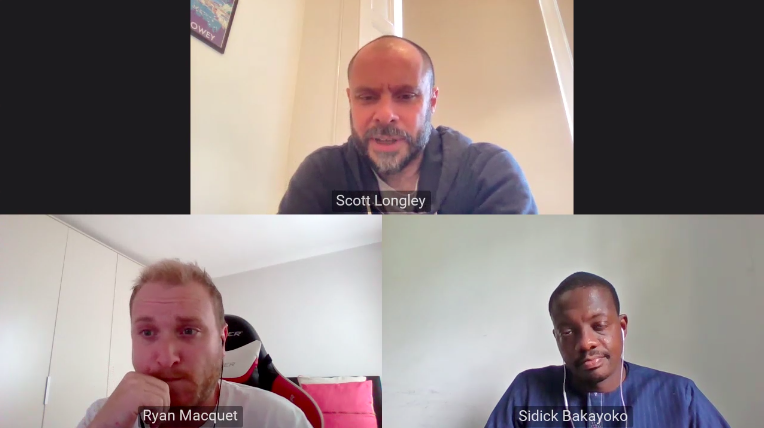Africa’s esports market has long been thwarted by the country’s lacking internet connectivity, but with the introduction of 5G on the horizon, that could all be about to change.
Delving into the topic on the Digitain-sponsored panel titled, ‘Esports: unlocking new markets through technology’, at SBC Digital – Africa, panellists debated the ‘big gap’ between accessibility and internet access in the country and how this can be solved with new technologies.
The inconsistent internet connectivity, which has created a ‘bottleneck’ of interest in esports, according to the panel’s moderator Scott Longley, Content Consultant at Clear Concise Media, has largely restricted the reach of esports in Africa.
Statistics cited by Managing Director at Paradise Games, Sidick Bakayoko, who was welcomed into the discussion by Longley, demonstrate that the large majority of esports enthusiasts in Africa cannot justify upgrading their internet connectivity to partake in competitions.
He kicked things off by stating: “When you look at the Western world, the way people have access to gaming and play on a regular basis is through a PC, especially when it comes to esports. So, people have their PC at their house and they have a huge connection but here in Africa, it is a bit different. A lot of people play games on consoles and mobile. There is a very tiny population that plays on PC, but those are usually the high value customers and there’s not many of them.
“For the ones that have been on console I would say 80% play offline because they still have the old school internet connection and they don’t have fibre optics at their house, so they still play offline and then they come online just to do their in on the updates of their game. A few countries have started now to have high speed internet, but it’s still quite expensive. Just to give you an example, in Cote d’Ivoire it’s about $60 to $70 for a good, I would say 15 to 20MB ISP connection. If you want something better, it might cost $100 or more.”
Nonetheless, Bakayoko hypothesised that Africa’s esports market could soon eclipse that of Europe’s, with a ‘spike’ in interest in the sport expected when the new generation of 5G technology is introduced to the region and its cellular networks.
“So, a lot of the people who play now mostly online are the ones that play on their phone,” he added. “And here you have a lot of people with 4G Internet on their phone, which makes it good enough for people to play online, but they’re really expecting more in 2022 and 2023 when 5G comes in.”
However, Ryan Macquet, Founder of the Africa Electronic Sports Association, reasoned that there the esports ecosystem ‘needs more pillars’ in Africa to continue its trajectory of growth, comparing traditional sports to console video games such as FIFA, which has become increasingly popular in Africa.
“Essentially, they are more gamers than there are esports enthusiasts, so a lot more people play games, and there’s a clear distinction between the two,” he said. “If you were to compare it to traditional sports, there are more people that watch sport than play sport. Fact. And in fact, it’s the viewership and again, those that have access to view, that’s where that’s where the money is.
“Esports can only grow when there is viewership but it’s a catch 22 because when you start getting your linear television programmes or your streaming platforms like Twitch and YouTube and whoever the broadcasters are of those competitions, the numbers aren’t good enough or big enough to pull those sponsors.
“So, they’re looking at running a $100,000 tournament but the problem is what’s the return on investment for putting that $100,000 down for operations, for prizes and so on if the eyeballs aren’t going to be necessarily relevant to the market? It’s a bit of a cart before the horse.”
This week’s SBC Digital Africa conference and exhibition features a speaker line-up of 60 senior executives and specialists, all ready to share hard-to-find information about the continent’s best opportunities for betting and gaming operators.
The agenda for the event on 30-31 March 2021 includes sessions that examine the future of the markets in South Africa, Ghana, Nigeria, Tanzania, Kenya and Côte d’Ivoire, and deliver insights on key issues such as payments technology, marketing strategies and the growth of esports.
To register for your free ticket, click here.






















